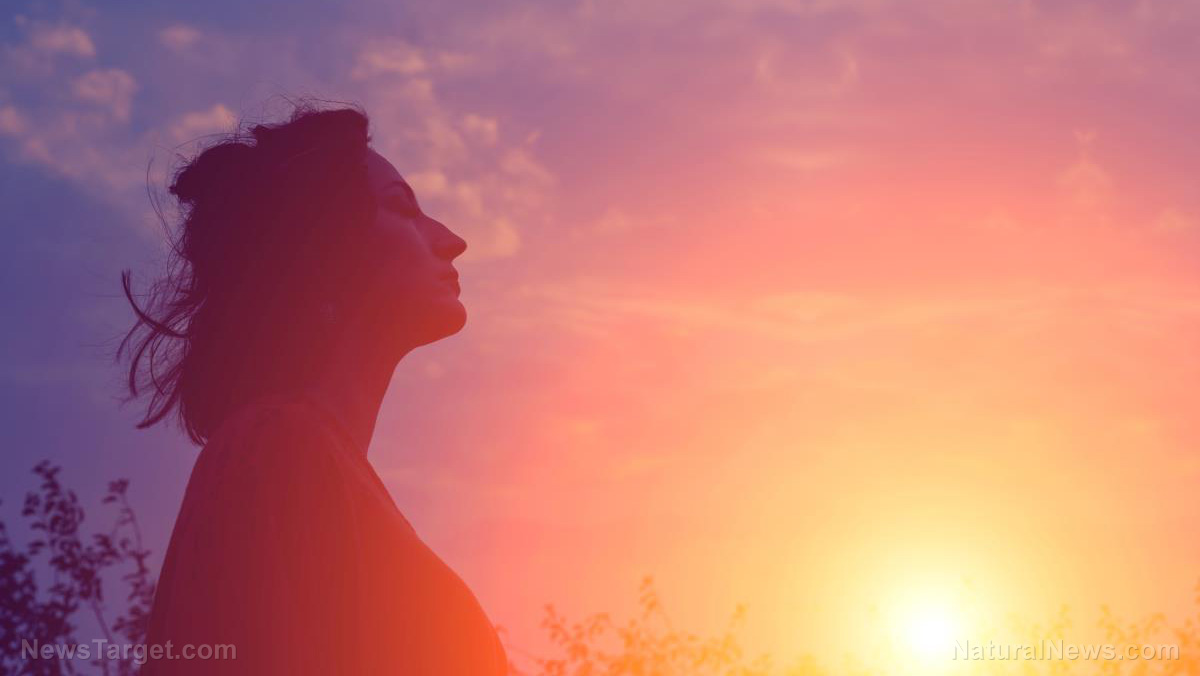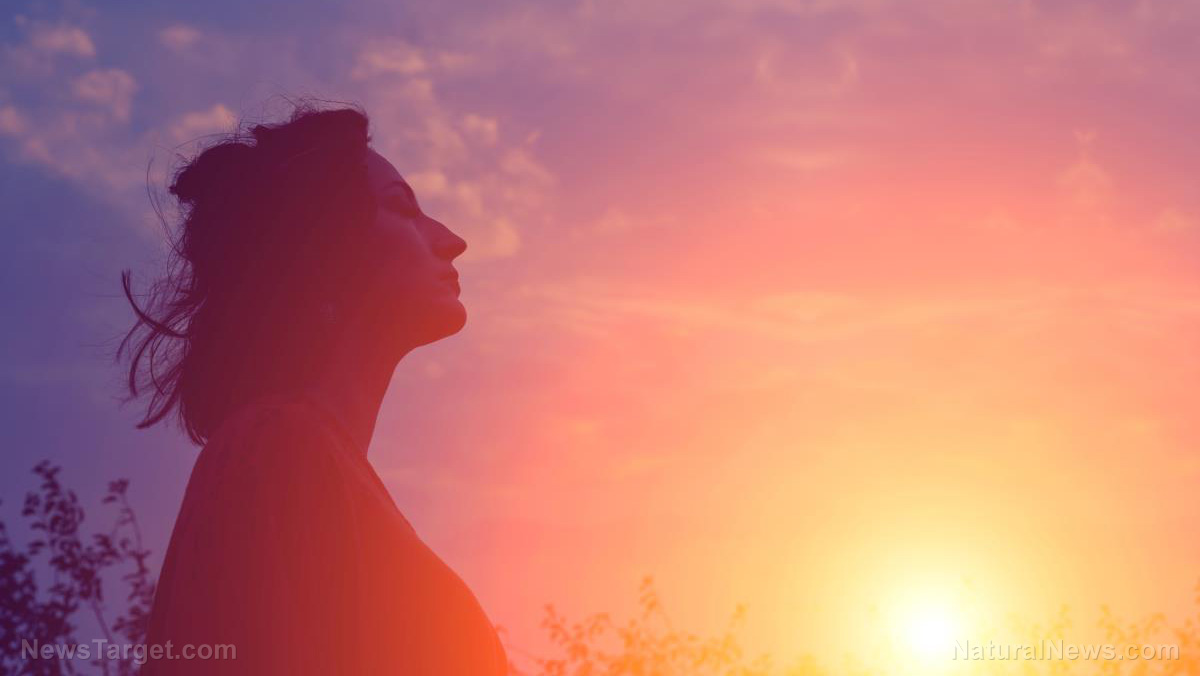Learn about brain health and nootropics to boost brain function
Learn how to rebuild your health and quality of life with the Planetary Healing Club



(Natural News) Many people are looking for ways they can rebuild their health and improve their quality of life, but this search often leads them to the wrong places. If you’re interested in health, consciousness, and improving the world, the Planetary Healing Club could provide you with some very useful insight.
Lost Art Radio host Richard Sacks is the brain behind the club, which is based on the belief that we can use our own innate abilities to improve ourselves and the world around us and that we have more power than we think. Sacks became an experimental health researcher in 1965 in response to serious health issues he was experiencing at that time, and he has never gone back to conventional medicine.
The club meets weekly, and its main purpose is sharing the lessons Sacks has learned about aging, degenerative disease, boosting immunity without drugs and vaccines, and related topics. The information he shares is all based on insight he has learned firsthand through 50 years of experience rather than rehashing things that many of us have already read about.
In a video posted to the free speech video platform REAL.video, Sacks said this knowledge is especially important right now as we deal with chemtrails, our poisoned food supply, and the smart grid, to name just a few. He feels that many advancements that appear to be modern conveniences are actually tools for your own suicide – they might help in everyday life, but they also pose lots of risks.
He wants to help people take a look at everything happening around them without letting it get to them too much. Avoiding anger and negativity is difficult, but he believes it’s essential for reaching your true potential.
Mother Nature's micronutrient secret: Organic Broccoli Sprout Capsules now available, delivering 280mg of high-density nutrition, including the extraordinary "sulforaphane" and "glucosinolate" nutrients found only in cruciferous healing foods. Every lot laboratory tested. See availability here.
Supporting the Lost Arts Research Institute
The club is set up with online meetings because he feels it’s better to discuss these matters in an interactive forum rather than through one-sided videos. The introductory price being offered in August is a $10 minimum donation per month, and those who join now will be locked in at this price. After September 1, the regular price goes up to $25 per month.
The membership donation will be used to build a physical school called the Lost Arts Research Institute, where people can learn those laws of nature that have been so widely forgotten in modern times. The energy and food used by the school will be produced on-site, and its architecture and technology will be set up in harmony with nature.
Sacks believes that our normal state is strong and energetic, and that’s the state where we should aim to stay if we want to avoid disease and make the world a better place. He wants everyone to open up old healing tools of consciousness, something that can’t really be done until you learn how to look at yourself and not judge others.
According to the laws of nature, if you have malice toward someone, it carries an energy that is bad for you; you can’t reach your true potential of being a healing influence in that state. That’s why you don’t want to have ill will toward anyone, he says, not even the most evil people on the planet; he wants us to help heal them rather than destroy them.
The video meetings offer a safe, private and supportive environment to discuss things that affect consciousness, health and relationships and help you learn how to get beyond whatever happens to be holding you back.
If you’re interested, you can head to the Lost Arts Radio site to find out how to get access. The Planetary Healing Club holds its interactive weekly online meeting every Saturday night at 9:00 p.m. Eastern. An archived version of all past shows is available to members, so there’s no need to worry if you can’t make it to the live shows. There’s no commitment, and you can quit at any time. Check out the video to learn more!
Sources for this article include:
Click here to view full article